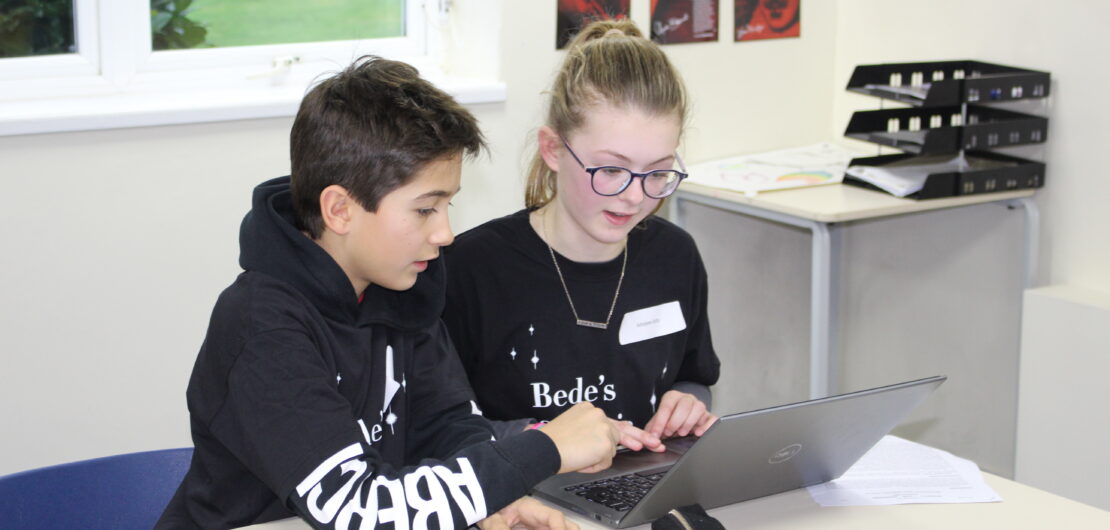 Education articles
Education articles
HOW WE THINK AND LEARN
…from Chapter 13 The UK Space Design Competition book available at https://www.amazon.co.uk/UK-Space-Design-Compe…/…/0985538147 by Catherine Twomey Fosnot – Most people assume that learning results from teachers transmitting knowledge: clearly explaining concepts, procedures to be practiced, and facts to be memorized; then testing to assess retention and application, with subsequent feedback. Yet this could not be further from the truth…Read the full chapter in http://uksdc.org resources http://uksdc.org/how-we-think-and-learn-2/… does not start with concepts, but rather the other way around: concepts are the results of cognitive processes… Scientific inquiry describes the diverse ways in which scientists study the natural world and propose explanations based on the evidence derived from their work. Scientific inquiry also refers to the activities through which students develop knowledge and understanding of scientific ideas…. it is at the heart of how students learn. From a very early age, children interact with their environment, ask questions, and seek ways to answer those questions. Understanding science content is significantly enhanced when ideas are anchored to inquiry experiences. Scientific inquiry is a powerful way of under- standing science content. Students learn how to ask questions and use evidence to answer them. In the process of learning the strategies of scientific inquiry, students learn to conduct an investigation and collect evidence from a variety of sources, develop an explanation from the data, and communicate and defend their conclusions…Read the full chapter in http://uksdc.org resources or by clicking http://uksdc.org/how-we-think-and-learn-2/…One of the most significant impacts of the SDC is the effect it has on students’ career paths. Experiencing the SDC is stressful and challenging, yet many of the participants become so enthralled, they not only return year after year, they veer from what they previously thought they would pursue and opt instead for space science as a new career choice…The SDC offers new doors. Involving a diverse group of students from schools around the country who ultimately may even compete internationally; the project introduces new worlds to many. It also provides a startlingly rich contrast to the traditional teaching of math and science, which too often are still characterized by transmission, practice, test, and feedback.
Continue to read in http://uksdc.org/how-we-think-and-learn-2/ or by clicking http://uksdc.org – resources.